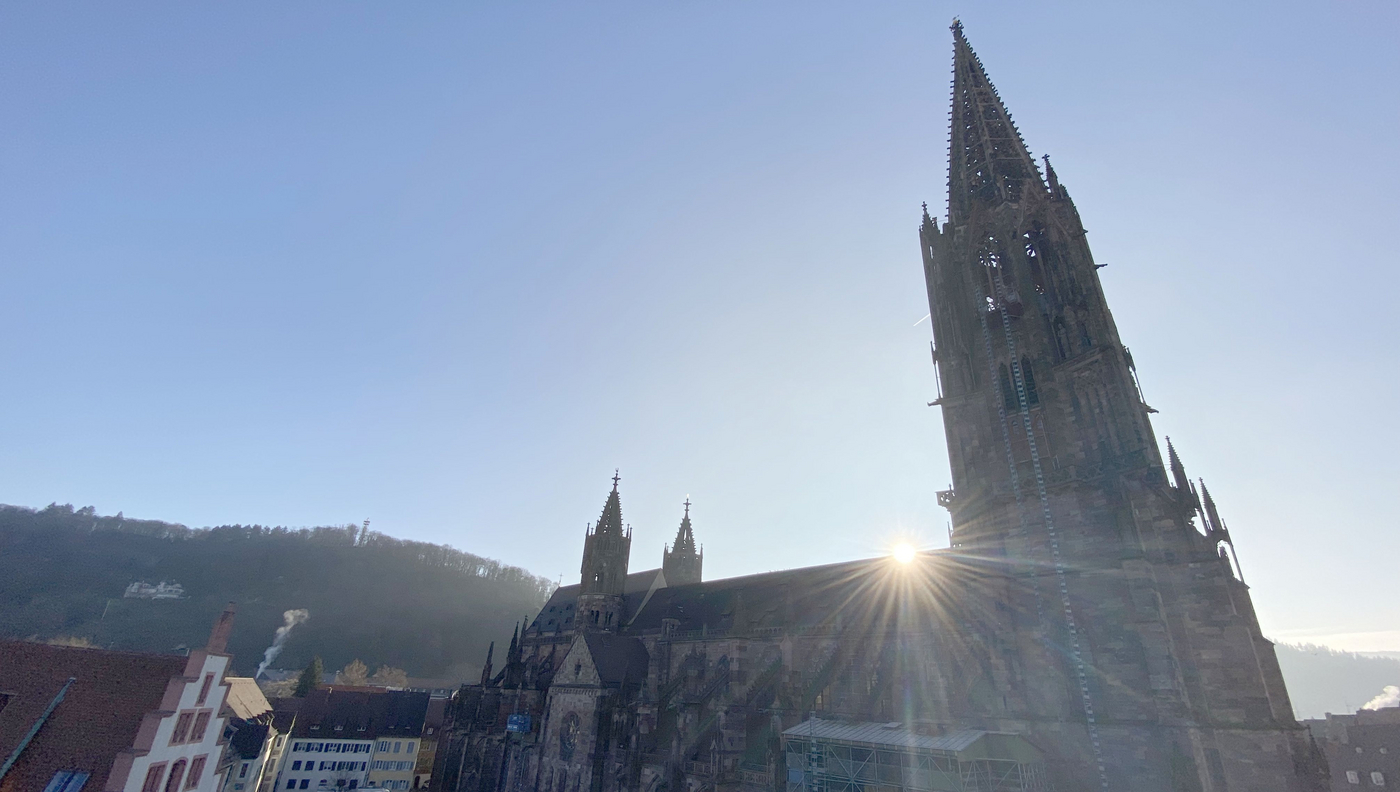DAGM GCPR | 2025
DAGM German Conference on Pattern Recognition, Freiburg

DAGM German Conference on Pattern Recognition, Freiburg, September 23 - September 26, 2025

The German Conference on Pattern Recognition (GCPR) is the annual symposium of the German Association for Pattern Recognition (DAGM). It is the national venue for recent advances in image processing, pattern recognition, and computer vision and it follows the long tradition of the DAGM conference series, which has been renamed to GCPR in 2013 to reflect its increasing internationalization. In 2025, the 47th conference will be hosted by the University of Freiburg.
The proceedings of the conference are available at: https://link.springer.com/book/10.1007/978-3-032-12840-9.